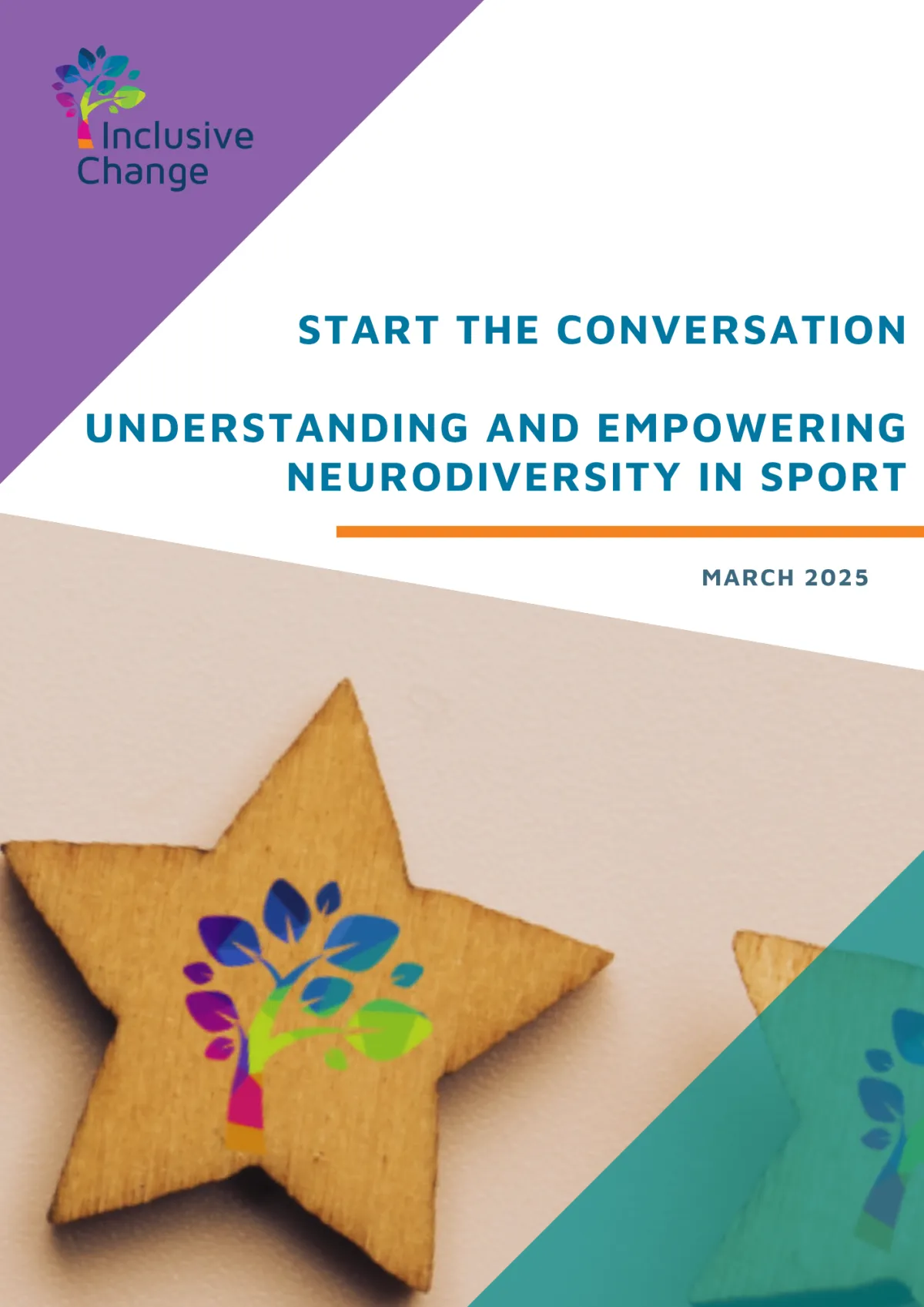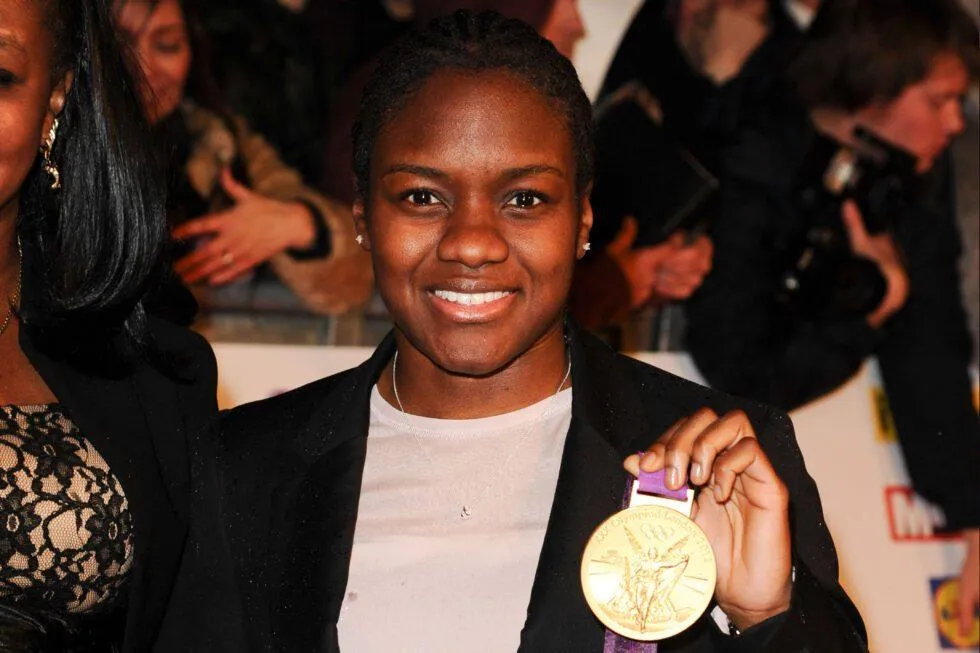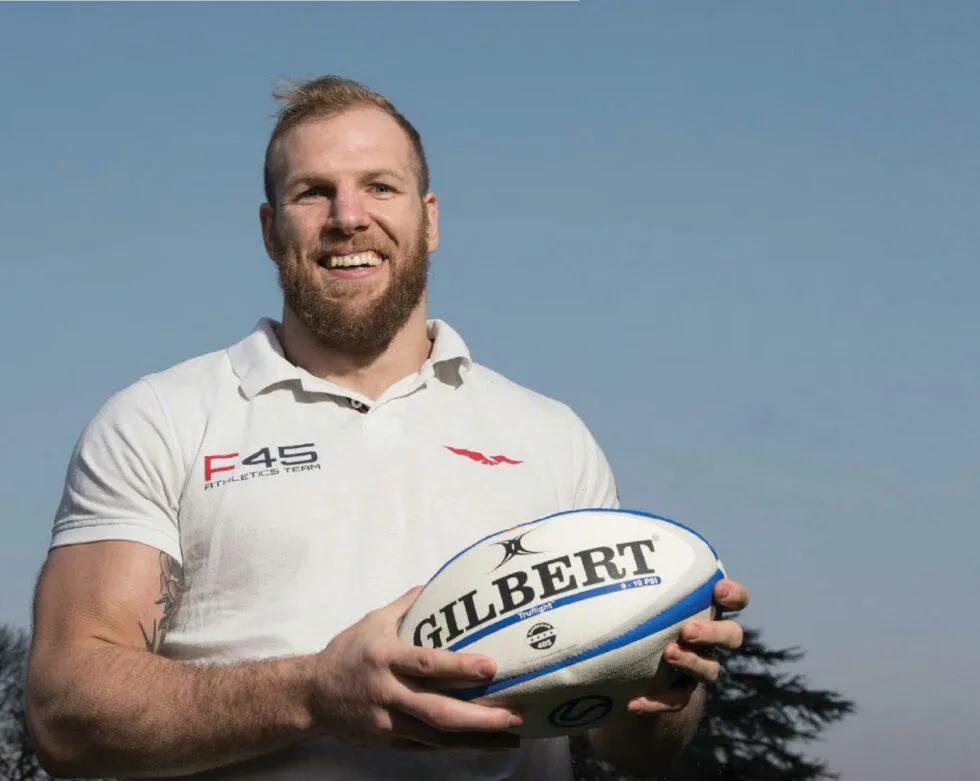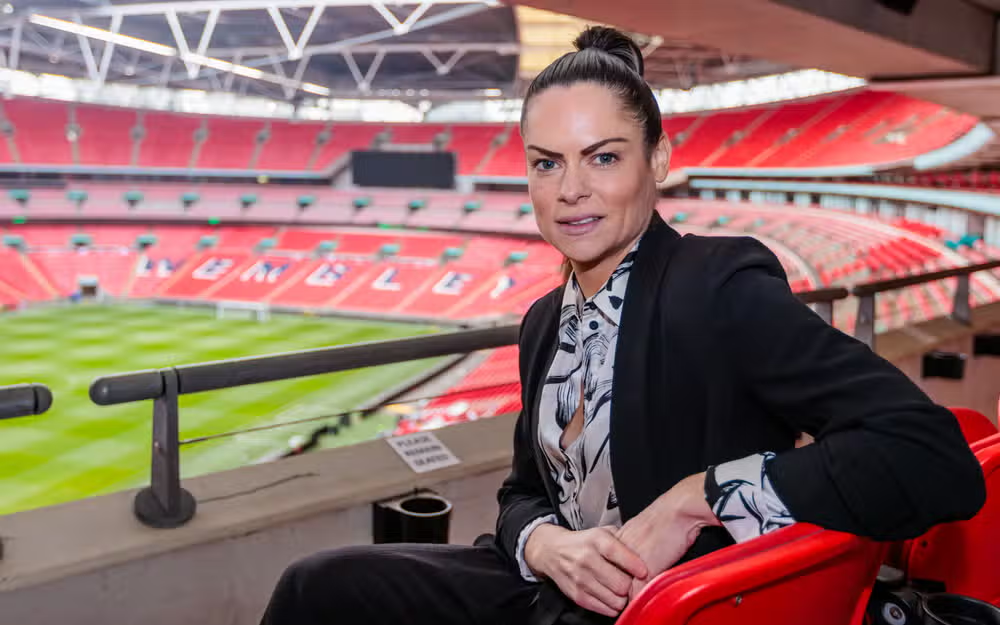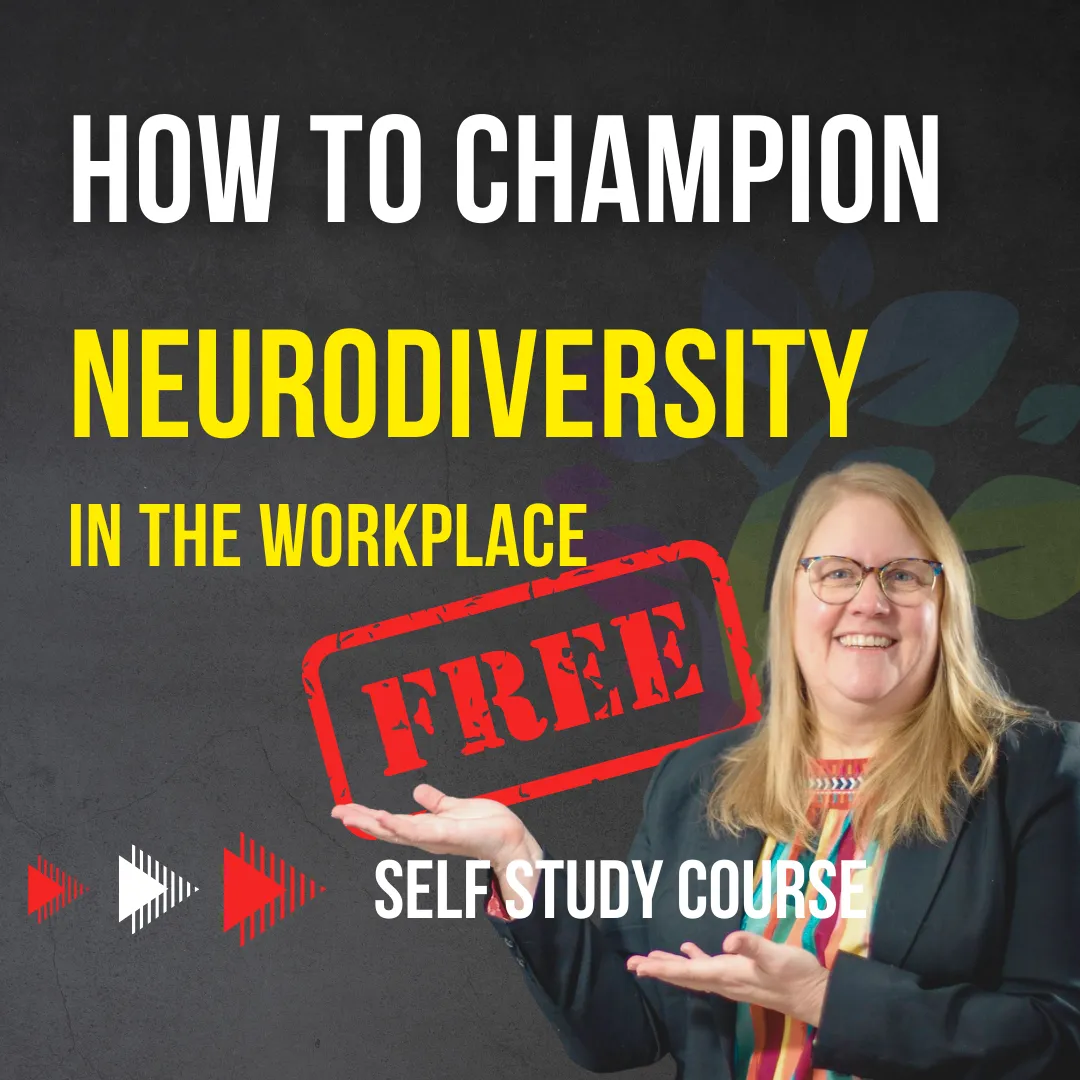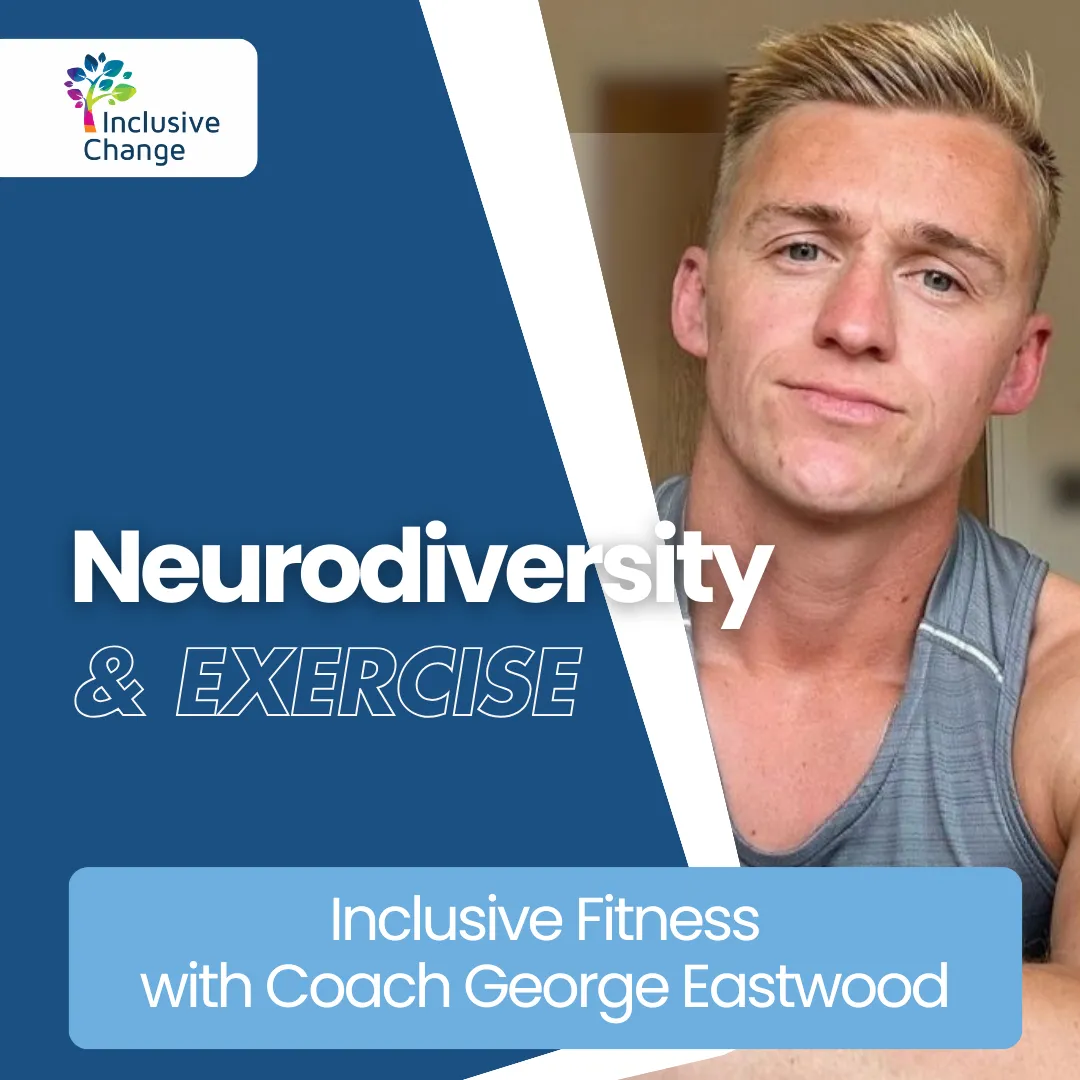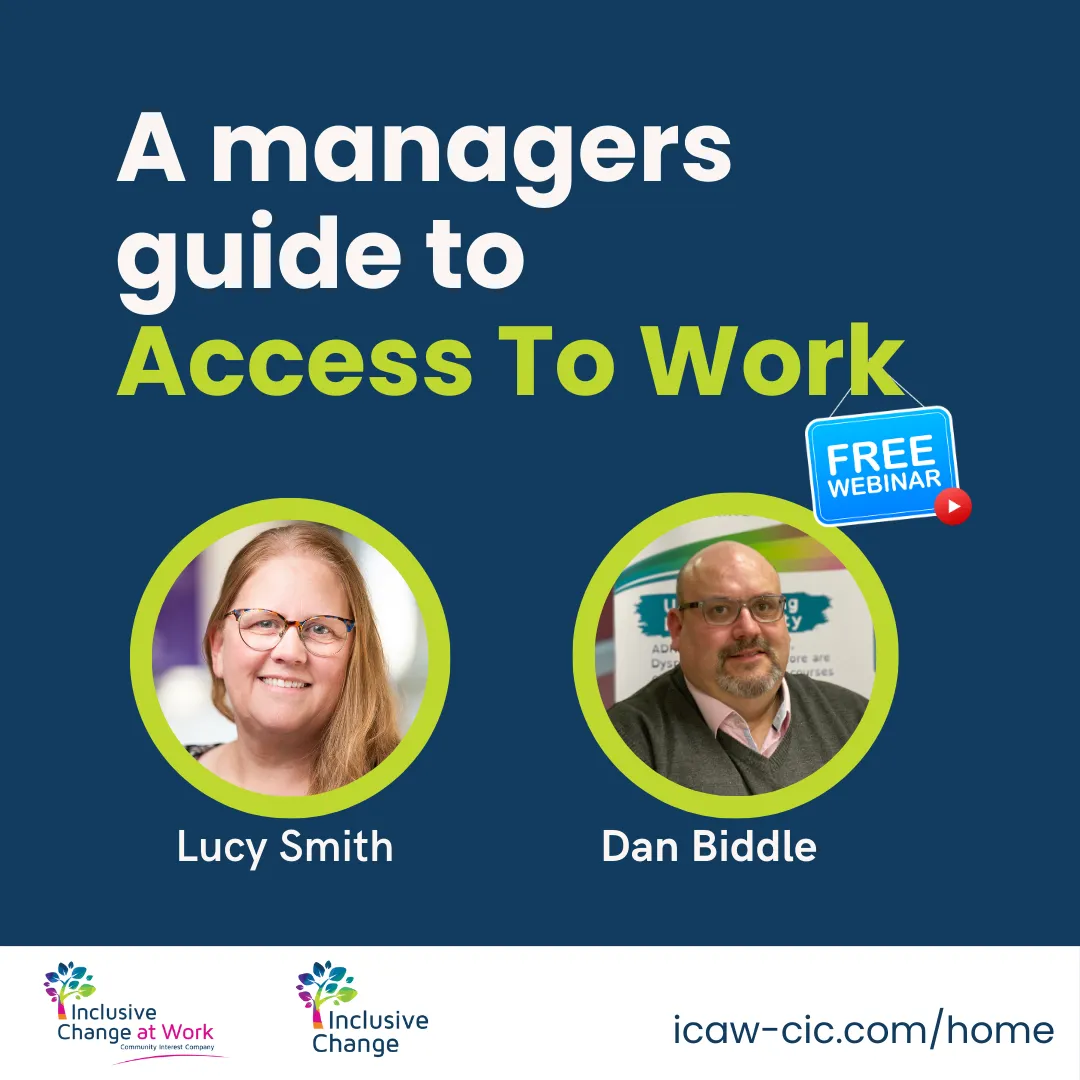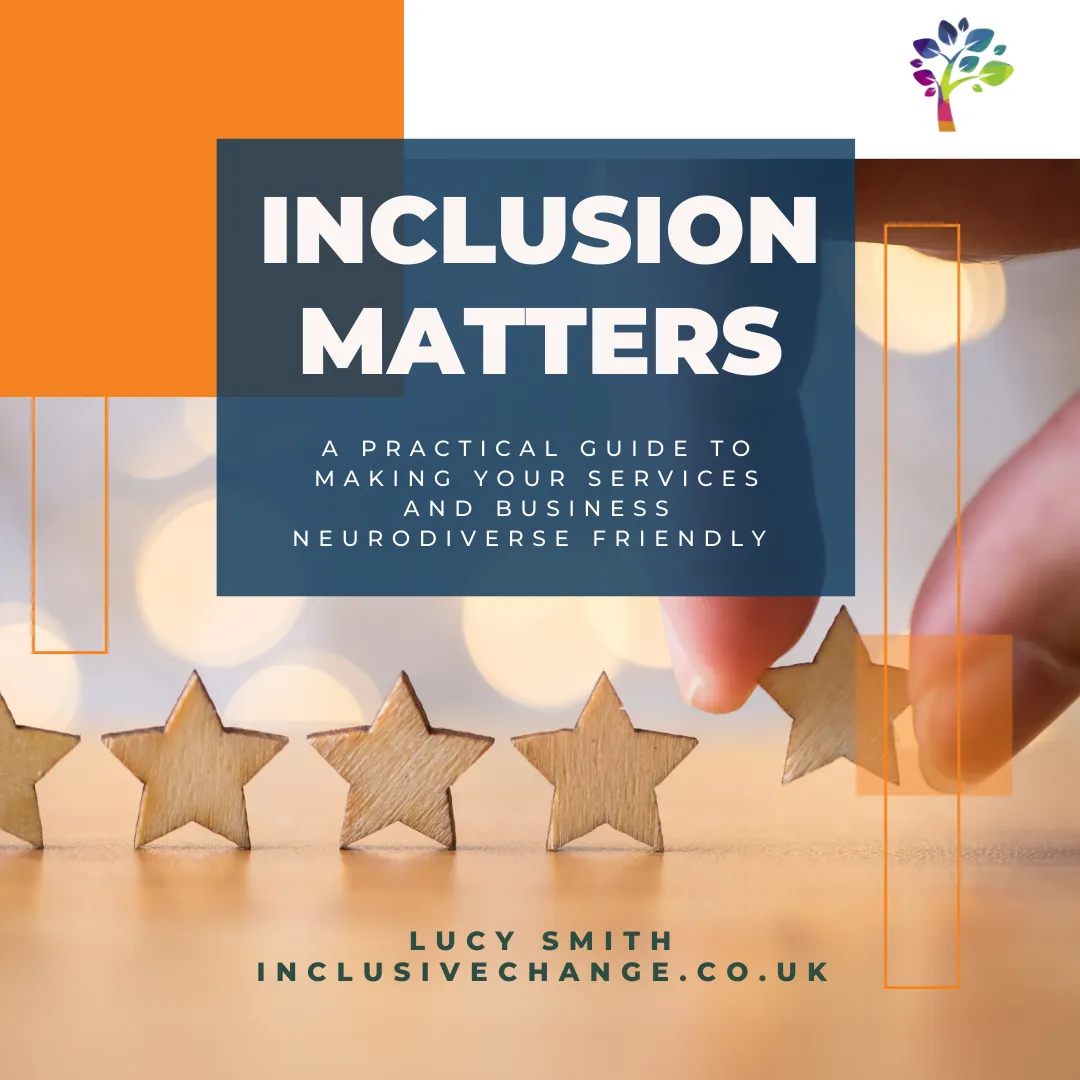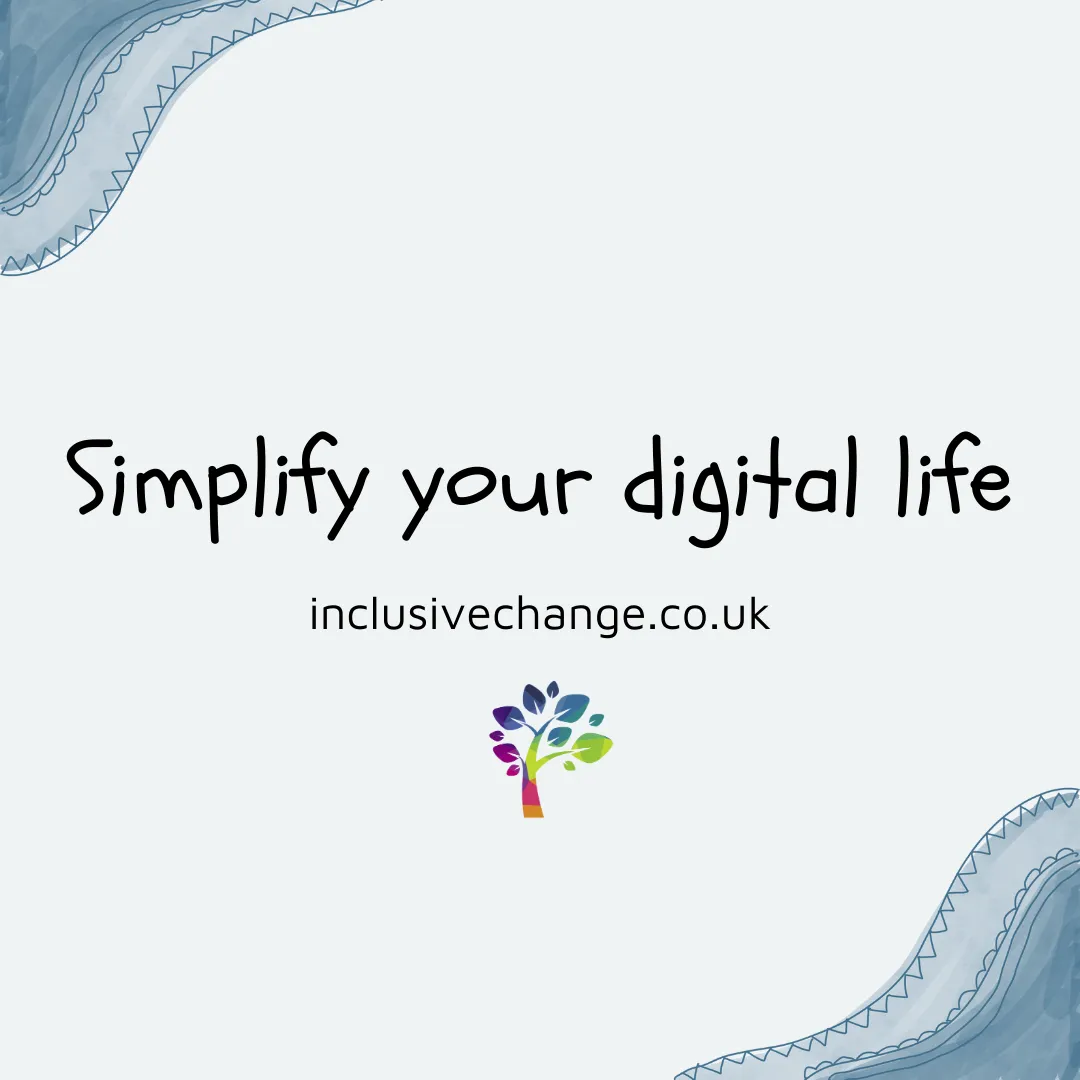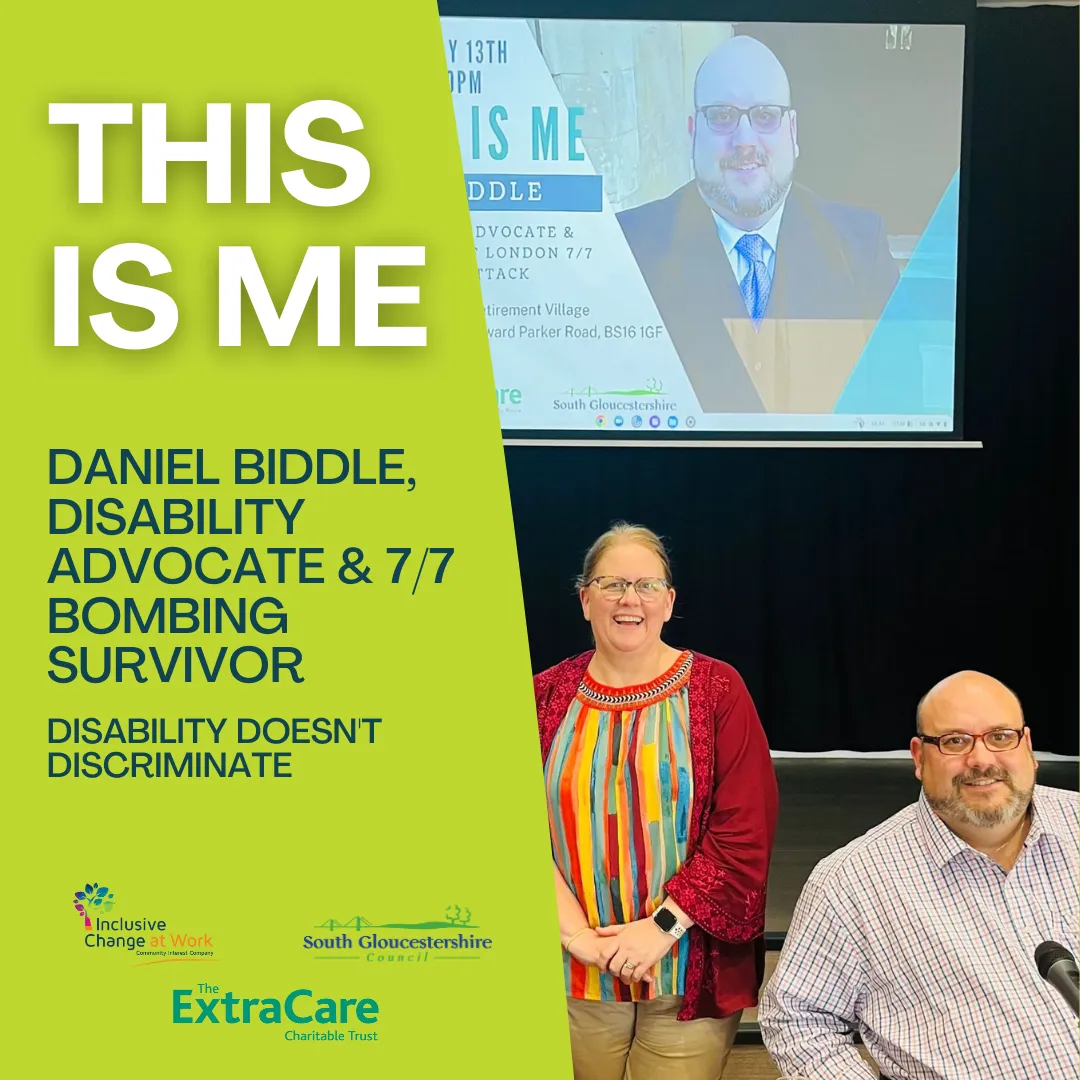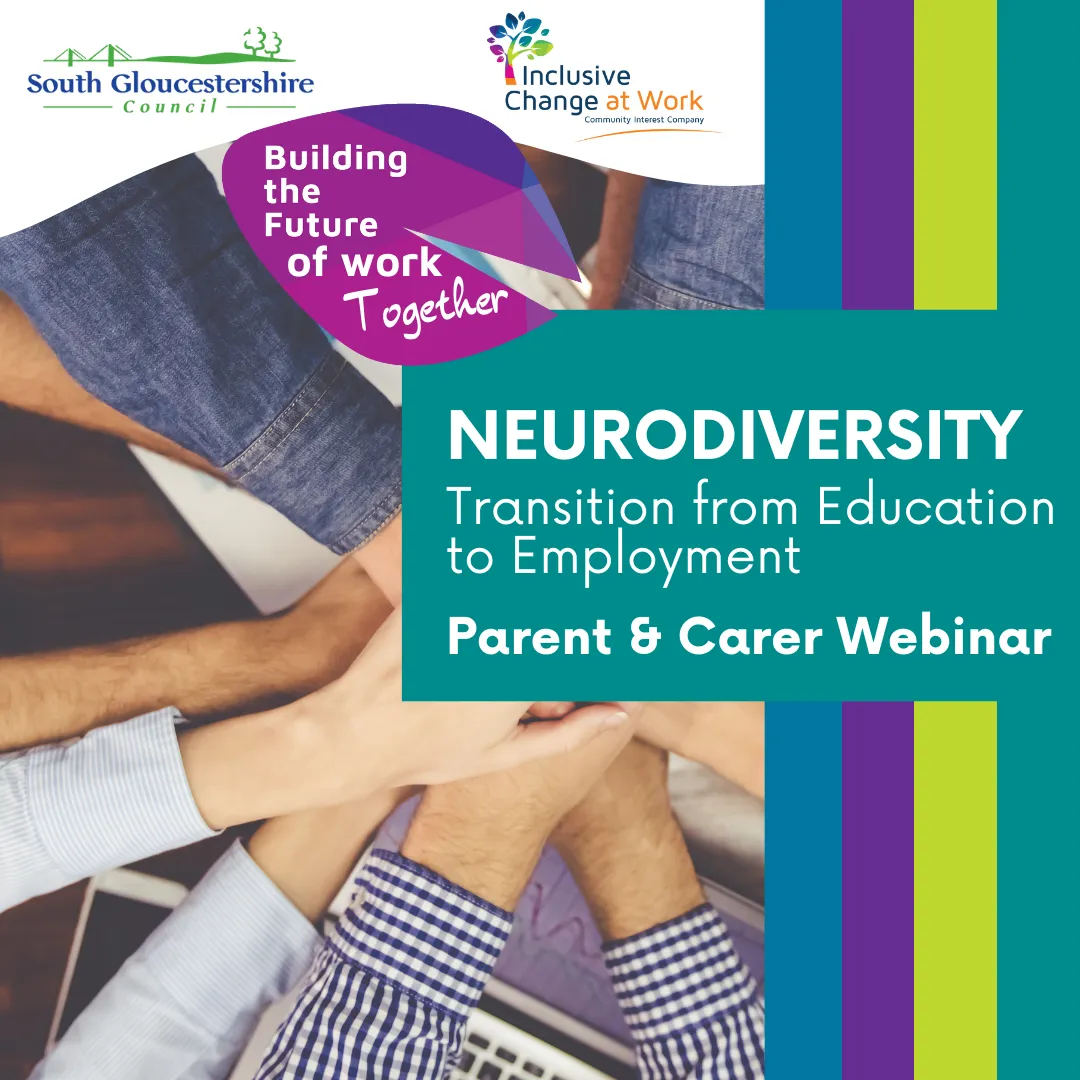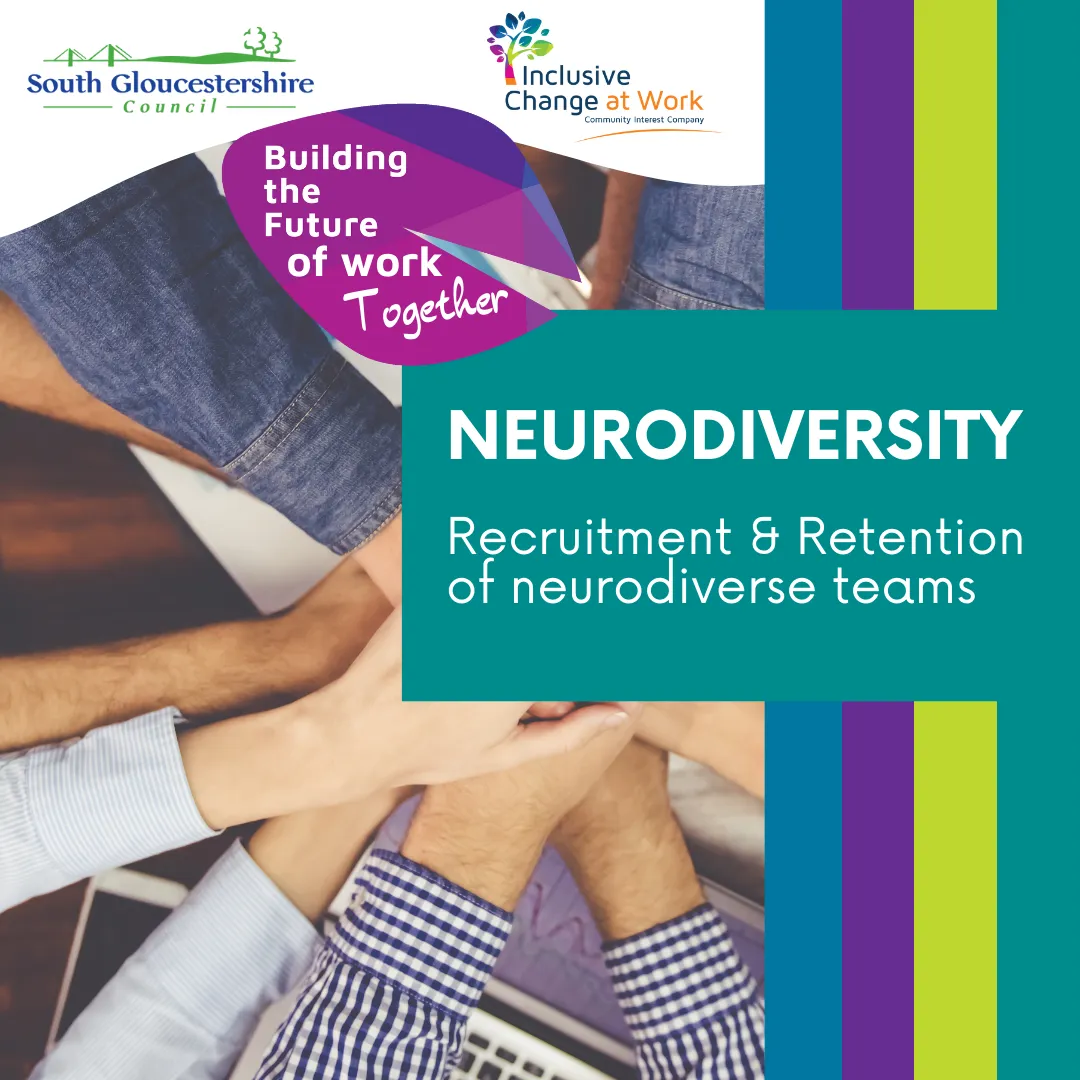Unlock the power of
Neurodiversity in Sports
With Inclusive Change
Empower your teams, break barriers & create inclusive environments that enable every individual thrive.
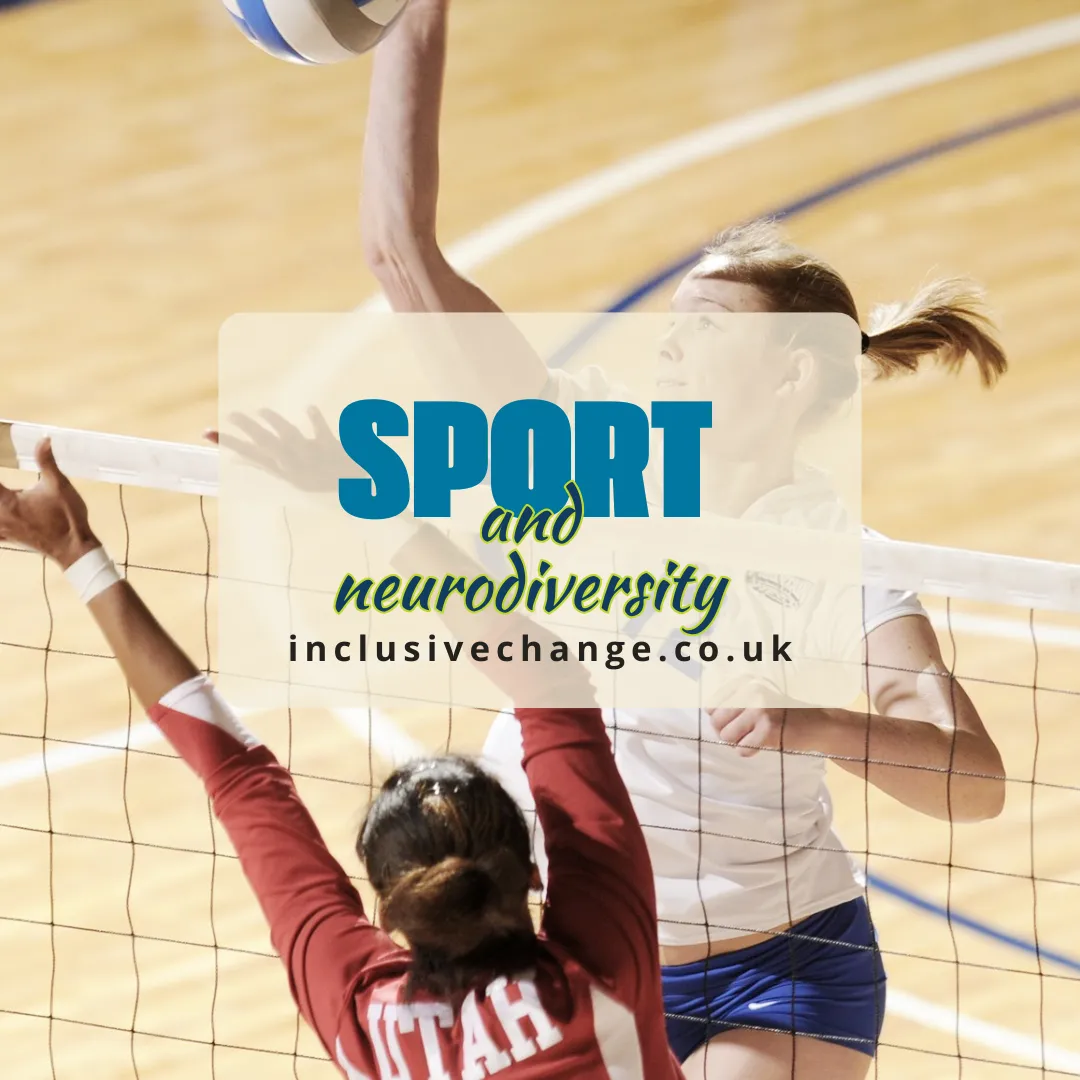
Neurodiversity in Sports - Did You Know?
➡️ 15% of the UK population is neurodivergent. That's 1 in 7 people, yet most sports programs fail to
accommodate their needs.
➡️ Physical inactivity rates among neurodivergent and disabled individuals are almost double the
average.
➡️ Social and Emotional Barriers, alongside inaccessible facilities, lack of understanding and untrained
staff limit opportunities.
➡️Lack of awareness about reasonable adjustments to Environmental and Sensory challenges, restrict
opportunity for neurodivergent and disabled individuals.
Inclusion Drives Participation and Excellence
➡️Inspire broader community engagement and open opportunities for all.
➡️Harness diverse talents like hyper-focus and creativity that neurodivergent athletes bring.
➡️Cultivate a culture of understanding and collaboration.
➡️Improve individual, team and club dynamics and performance.
➡️Enhance emotional intelligence and leadership.
➡️Promote holistic development.
Book Your Training Today from only £499 +vat!
2-part course with practical strategies and expert-led discussion. Are you ready to champion neurodiversity in your sporting environment and create spaces where everyone can thrive?
Together, let’s build a sporting culture that welcomes every mind

Key Benefits for Sporting Organisations
Enhanced team culture: Create an environment that champions diversity, belonging, and collaboration.
Improved performance: Learn practical, inclusive approaches that help neurodivergent players thrive and empower coaches.
Attract and retain talent: Position your club as a leader in inclusive sport, attracting players, members and staff from all backgrounds.
Meet equality and safeguarding requirements: Confidently fulfil your duty of care to players and their families.
Empower coaches and players: Increase awareness, build confidence, and support positive interactions through greater understanding of neurodiversity
Future-proof your organisation: Build resilience and adaptability by embracing neurodiversity in every aspect of your sport.
Start the Conversation is only one of our training solutions. We can deliver face to face or online, for intimate or large audiences, or longer sessions with greater depth and working groups.
Other awareness workshops:
Reasonable adjustment in Sport
Safeguarding Neurodivergent Girls in Sport
Creating Inclusive and Safe Spaces
Building a Neurodiversity Champion Network
We believe in providing the right support tailored to your organisation's specific needs. That’s why we encourage you to discuss your requirements with one of our team members before purchasing any of our training packages.
The Power of Inclusive Sports for Neurodiverse Individuals & Teams
Encouraging neurodiverse participation in sports goes beyond physical activity - it supports growth, health, and inclusion. Here’s how;
Physical Health Benefits
Improved Motor Skills: Boost coordination and strength, addressing common challenges.
Obesity Prevention: Stay active to reduce the higher obesity risk in neurodivergent individuals.
Enhanced Cardiovascular Health: Regular exercise promotes a healthy heart and overall well-being
Mental Health Benefits
Reduced Anxiety and Stress: Exercise provides a calming outlet for sensory and emotional regulation.
Boosted Mood: Endorphins from physical activity can uplift spirits and reduce depression symptoms
Improved Sleep Quality: Regular physical activity can help regulate sleep patterns, which are often disrupted in neurodivergent individuals, leading to better overall mental health and energy levels
Social and Communication Skills
Enhanced Social Interactions: Team sports offer a structured, supportive space to practice social skills.
Improved Communication: Engage with teammates and coaches to foster collaboration and confidence
Cognitive Benefits
Improved Focus and Attention: Sports help channel energy productively, especially for individuals with ADHD.
Skill Building: Strategic games and drills encourage problem-solving and planning.
Personal Growth and Confidence
Increased Self-Esteem: Achieving sports milestones builds confidence and self-belief.
Sense of Belonging: Inclusive environments create a community of acceptance and support
Challenging Stigmas: Inclusive sports promote understanding and break stereotypes about neurodivergence
Life Skills Development
Resilience and Perseverance: Overcome challenges to build mental resilience and problem-solving abilities.
Time Management and Routine: Regular sports activities encourage structure and discipline
Leadership Opportunities: Neurodivergent individuals excel in leadership roles, bringing unique perspectives to the team.
Nicola Adams - Boxer
Nicola Adams is a record holding boxer: 2017 to 2019 undefeated professional boxer. Diagnosed with ADHD as a teenager, she maintains her hyper-focus definitely helped her boxing.
James Haskell - Rugby Player
James Haskell is an English former rugby star, a DJ, a podcaster and an author. He was diagnosed with ADHD when he was 8 years old.
Claire Rafferty - Footballer
Claire Lauren Rafferty is an English pundit and retired footballer, playing for Chelsea, West Ham and England. She has spoken about having ADHD, which she describes as being her 'superpower'.
What is neurodiversity?
When we use the term neurodiversity, what are we talking about? There are lots of different terminologies that you may hear or read when discussing disability or neurodiversity.
Neurodiversity describes the diversity of human minds. Our businesses, organisations, and teams are all made up of diverse minds and thinkers. But...some of us are neurodivergent.
Neurodivergent is the umbrella term for a range of differences in the way we think and experience the world. Those conditions include (but aren't limited to) Autism, ADHD, Dyslexia, Dyspraxia, and Tourette's.
Helpful resources
Check out our blog, Creating Inclusive Teams in Grassroots Sports: A Guide to Supporting Neurodivergent Children.
UK Sport outlines Equality, Diversity & Inclusion Strategy, click for full report.
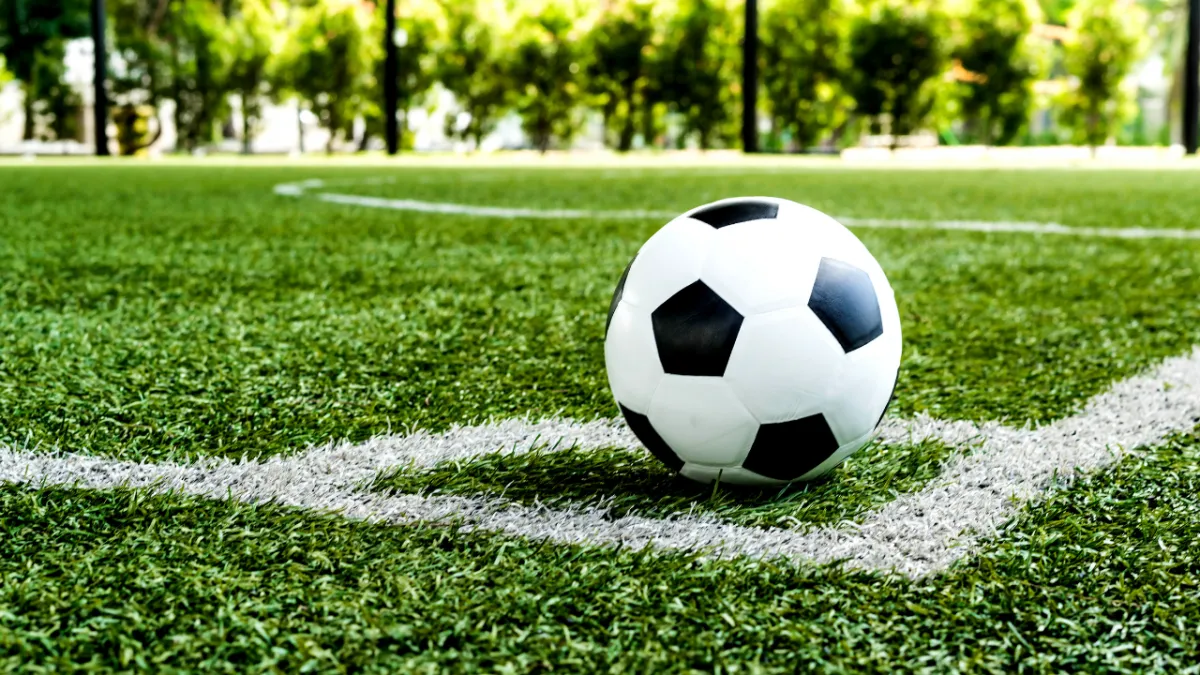
Football England have some great downloads and resources.
Autism and Football - Click the link to go straight to the resources
ADHD and Football - Click the link to go straight to the resources
Free Resources - Short Courses & Webinars
Want access to all of our FREE resources in one easy go? Click on the button below and register just once to access our full library of articles, webinars, podcasts and more! We are always adding to the mix, and you will get notification when we drop new content.
Some of the Companies Who Have Already Begun Their Inclusion Journey With Us.



